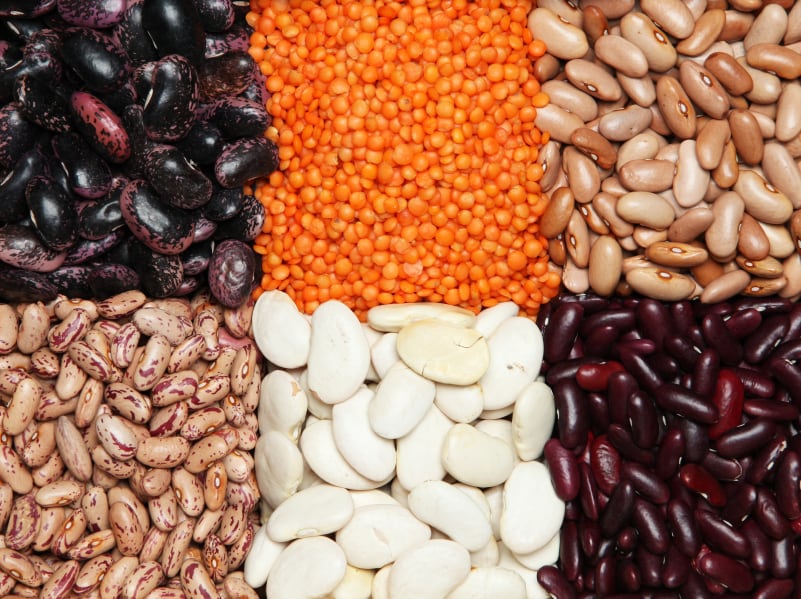With 84k likes on Facebook – up from76k in April – the ‘no meat athlete’ movement is nothing to sniff at. Founded in 2009 by American vegan and marathon runner Matt Frazier, the movement’s website documents experiences of ‘running on plants’.
It’s fair to say there was a time when vegan was like an antonym for active – stereotypes of pasty protein and iron-deprived animal lovers prevailing.
But for Jimmy Pierce, media manager for the Vegan Society, those days are gone – and this is in part thanks to high profile cases of vegan and vegetarian sportspeople showing meat-free diets and sport can be compatible.

“Vegan athletes play an integral part in furthering the [vegan] movement. From Carl Lewis in the early 1980’s to the Williams sisters in tennis today, there have been so many influential vegan athletes. Their success has shown everyone that you simply don’t need animal products to compete at the very top of any sport.”
Mintel global food science analyst Laura-Daisy Jones echoed this, citing the example of British vegetarian road cyclist Lizzie Armitstead who won silver in the 2012 London Olympics road race.
She said there had been a shift in opinion regarding vegetarian and vegan diets in recent years and this was “flowing into sports nutrition and active people”.
Flexitarians and meat reducers
While the number of vegetarians and vegans was not necessarily on the rise, those ‘meat reducing’ was.
Indigo Herbs – which released a vegan protein range inspired by the ‘no meat athlete’ movement earlier this year – claims its pea protein contains up to 78% protein while its chia seed powder contains up to 36%, chlorella 61%, hemp 49%, pumpkin seed 65%, rice 68% and spirulina 56%.
Meanwhile, whey protein powders we saw sold online boasted between 80 and 97% protein per serving.
At the beginning of this year 17% of Germans, 28% of Italians, 27% of Spaniards, 14% of Poles and 18% of French people said they were incorporating more vegetarian foods into their diet compared to a year ago.
Despite this, Pierce said protein intake remained the most common misconception around meat-free diets. “Some don’t realise that many plant-based foods – green veg like broccoli and spinach, plus beans and pulses, grains, nuts and seeds – are all excellent sources of protein, and also much healthier. Getting enough in your diet is easy.”
Mintel research suggested 32% of Brits had eaten plant proteins like soy and pea as a vegetarian source of protein while 28% said they would be interested in doing so. In Germany this was 59% and 20%, respectively.
Eat like a Kenyan
Plant-sources received further sporting limelight in 2011 when researchers from the University of Glasgow showed the diets of Kenyan elite runners, while not vegetarian, contained very little meat. (Those who have seen the recent allegations of rampant performance enhancing drug use in Kenya may scoff here.)
In fact vegetable sources accounted for about 88% total energy intake, according to the paper published in the Journal of the International Society of Sports Nutrition, compared to the daily carbohydrate intake of elite distance runners in the US, Netherlands and Australia, which was 49%, 50% and 52%, respectively.
A typical Kenyan meal consisted of corn meal porridge ‘ugali’, collard greens ‘sukuma wiki’, stewed mung beans ‘ndengu’ and a tortilla-like wheat flour bread called ‘chapati’.
